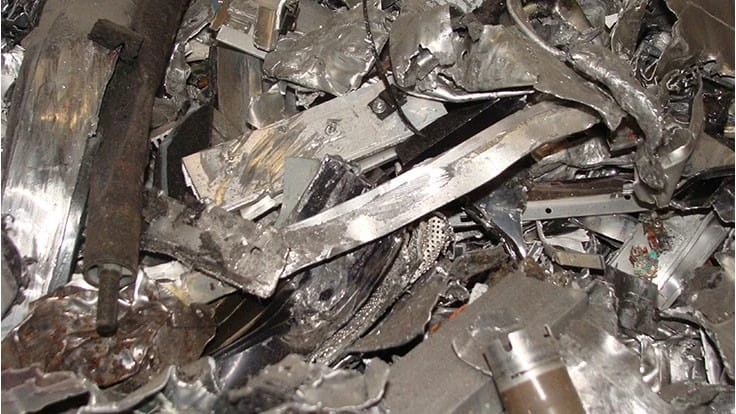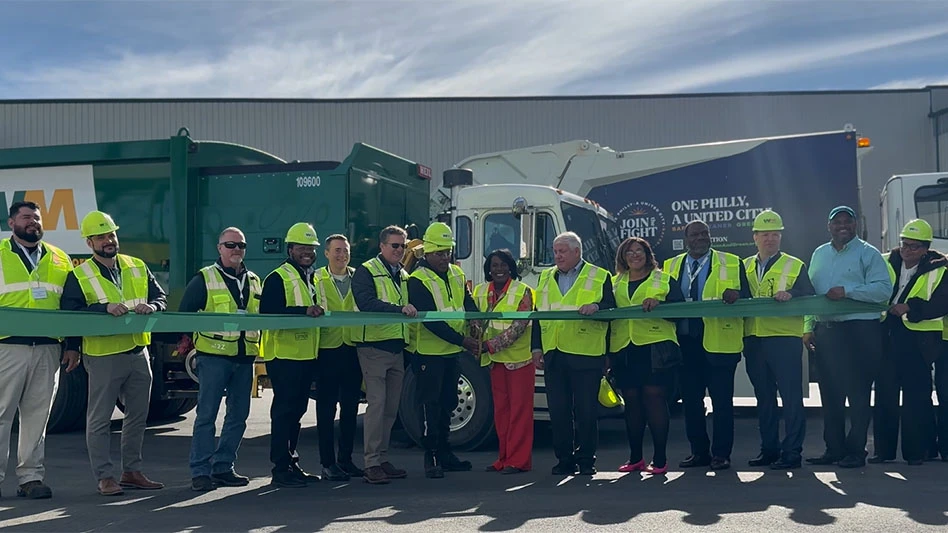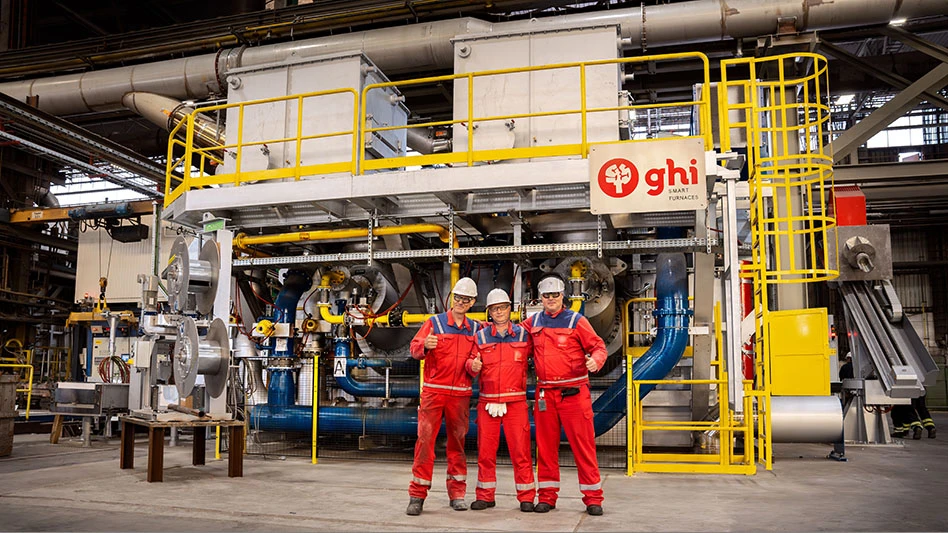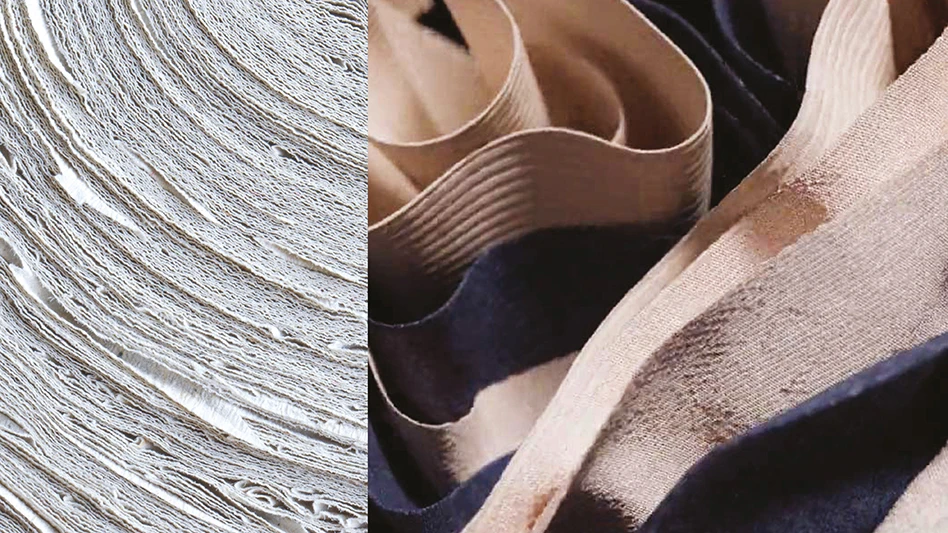
Photo by Brian Taylor
Scunthorpe, United Kingdom-based British Steel Ltd., part of China’s Jingye Group, has released a low-carbon roadmap designed to fulfill the company’s pledge to produce “net-zero” greenhouse gas (GHG) emissions steel by 2050 and to reduce GHGs in the interim.
“We firmly believe our products can play a central role in transitioning to a low-carbon, circular economy and we have ambitious plans to reduce the carbon intensity of our operations with solutions that are globally recognized and accepted,” comments British Steel chair and CEO Li Huiming.
British Steel says it will invest in several techniques and technologies, including:
- supporting recycling and reuse, including using increased levels of scrap in its steelmaking process and encouraging re-use of steel products at the end of life, where appropriate;
- deploying other circular economy and material efficiency methodologies;
- assessing and adopting technology options such as carbon capture and storage, hydrogen, increasing scrap utilization and electric arc furnace (EAF) steelmaking; and
- seeking what it calls steel product innovation, “for example through lightweighting and life extension.”
Adds Li, “When we bought British Steel 18 months ago, we promised to transform the company into a sustainable business, and decarbonization is fundamental to this. Embracing new technology and ways of working will help our drive towards a phased reduction of carbon dioxide (CO2) emissions by 2030, 2035 and 2050.”
The company says it has already increased the amount of scrap used in the integrated steelmaking process at its Scunthorpe complex, and says it plans to further increase the scrap percentage by 2023. The firm says it also is moving forward with the use of hot briquetted iron (HBI) and scrap in its iron making process, which it says “will have an immediate and significant CO2 reduction.”
British Steel currently operates a basic oxygen furnace (BOF) steelmaking plant in Scunthorpe and rolling mills and other downstream facilities in other parts of the U.K. and Europe.
Latest from Recycling Today
- ReElement, Posco partner to develop rare earth, magnet supply chain
- Comau to take part in EU’s Reinforce project
- Sustainable packaging: How do we get there?
- ReMA accepts Lifetime Achievement nominations
- ExxonMobil will add to chemical recycling capacity
- ESAB unveils new cutting torch models
- Celsa UK assets sold to Czech investment fund
- EPA releases ‘National Strategy to Prevent Plastic Pollution’





